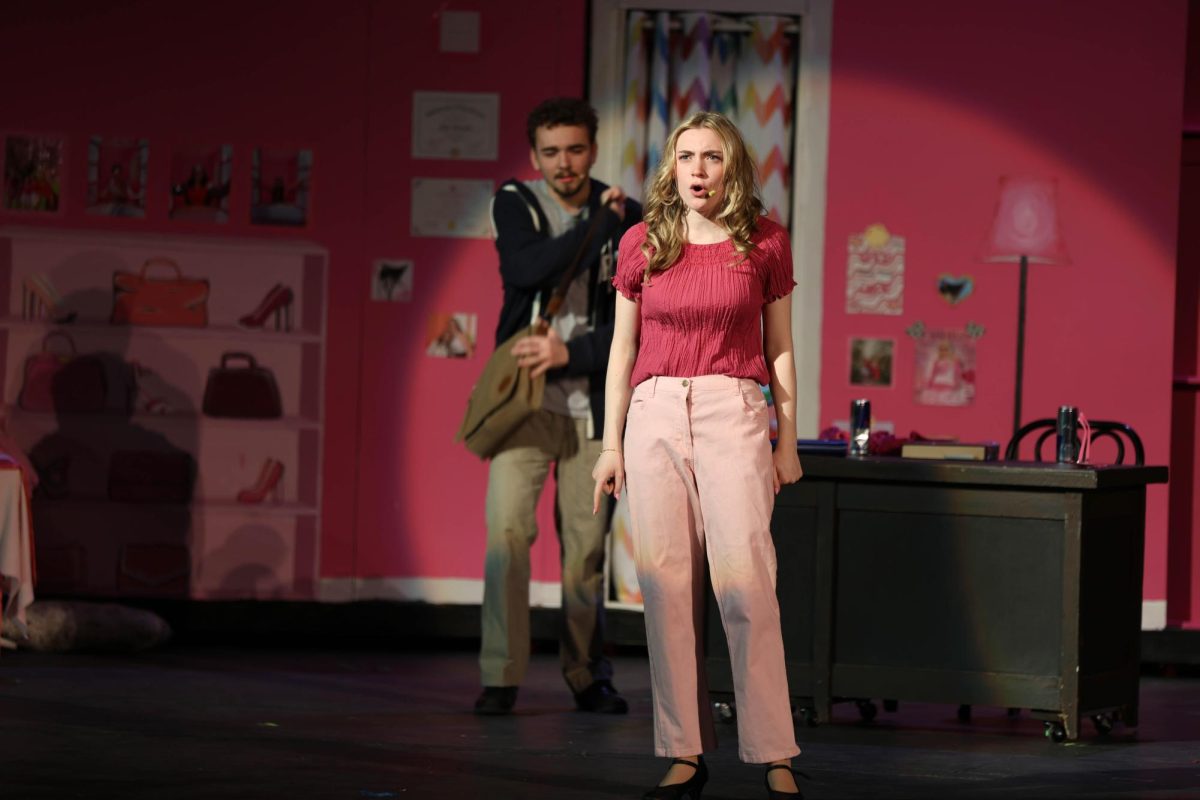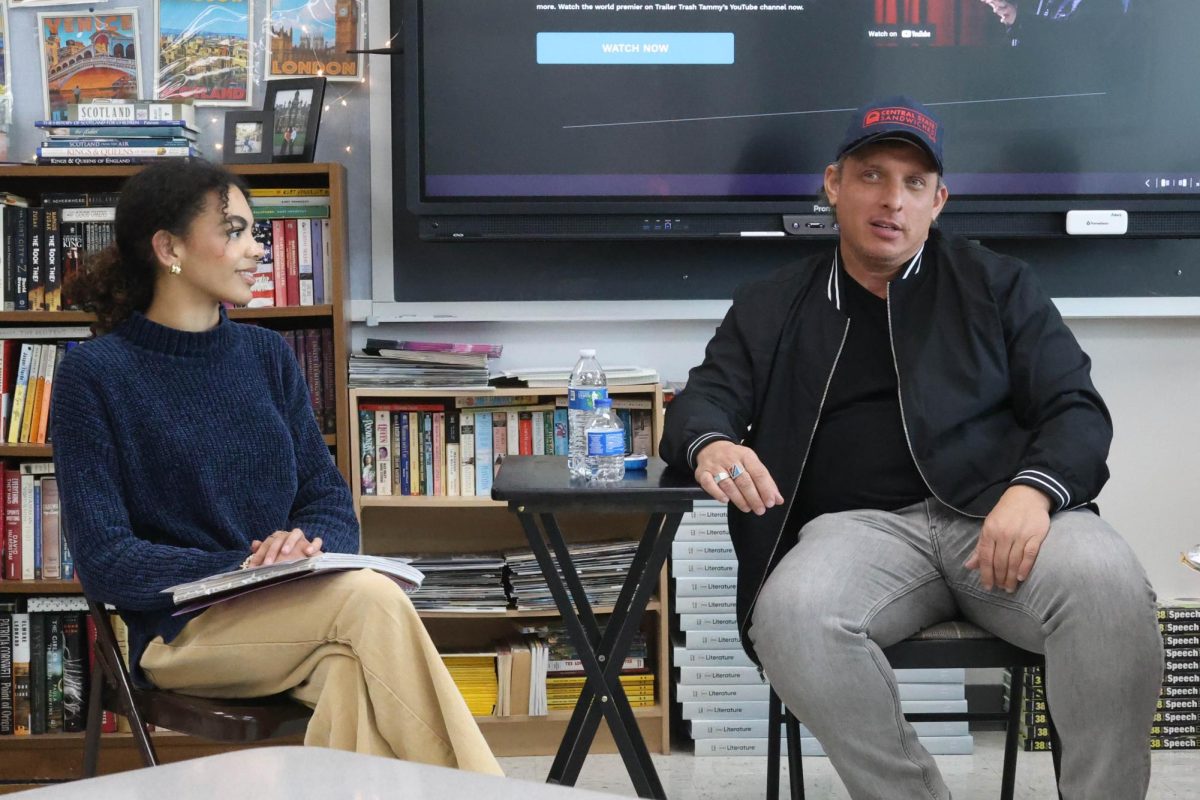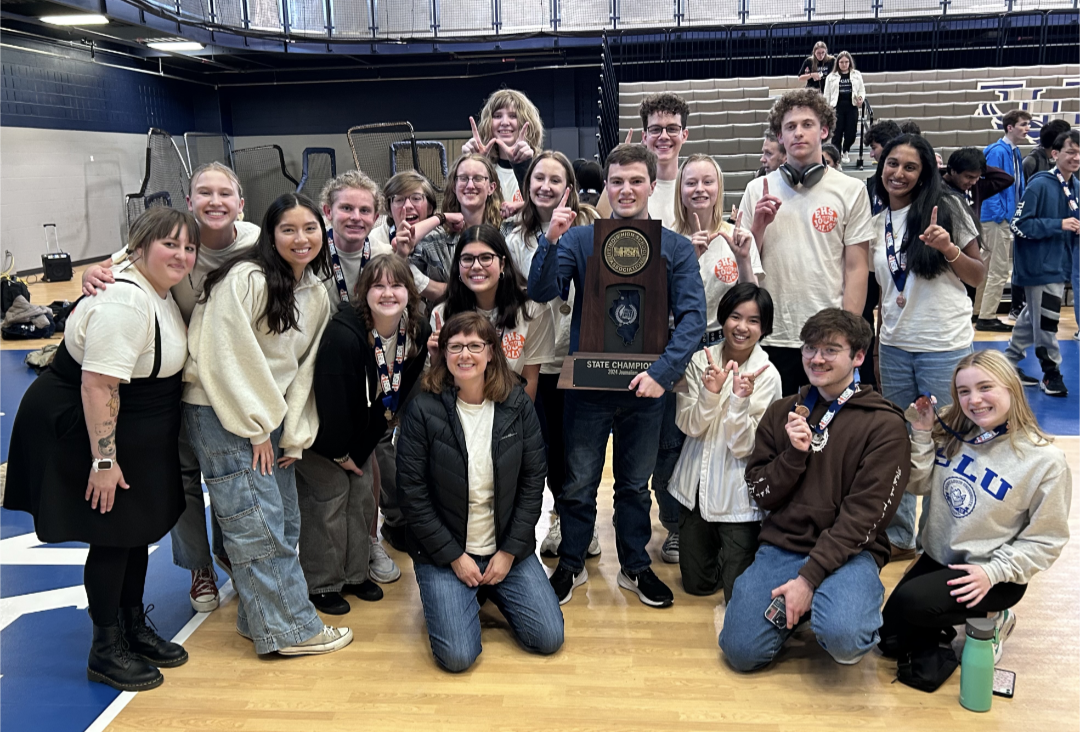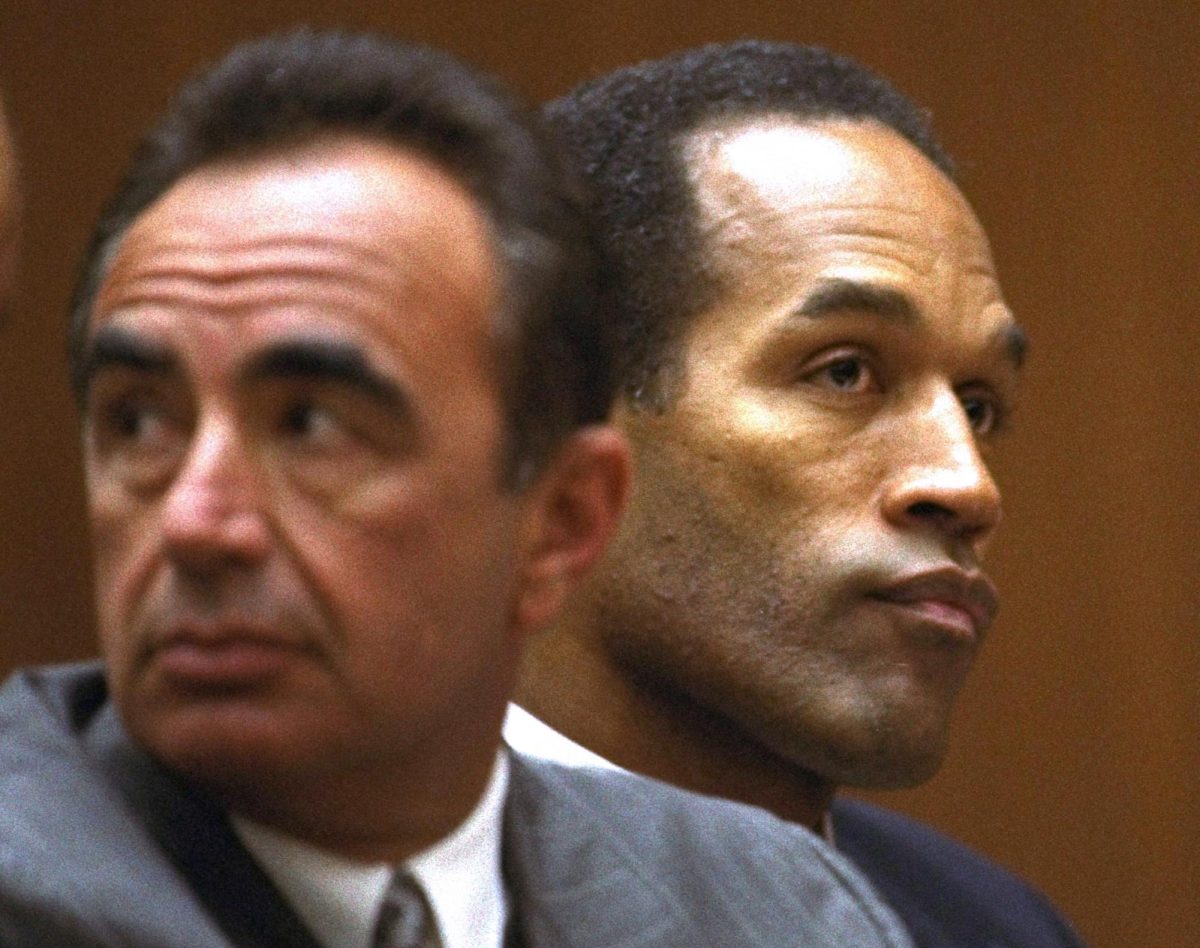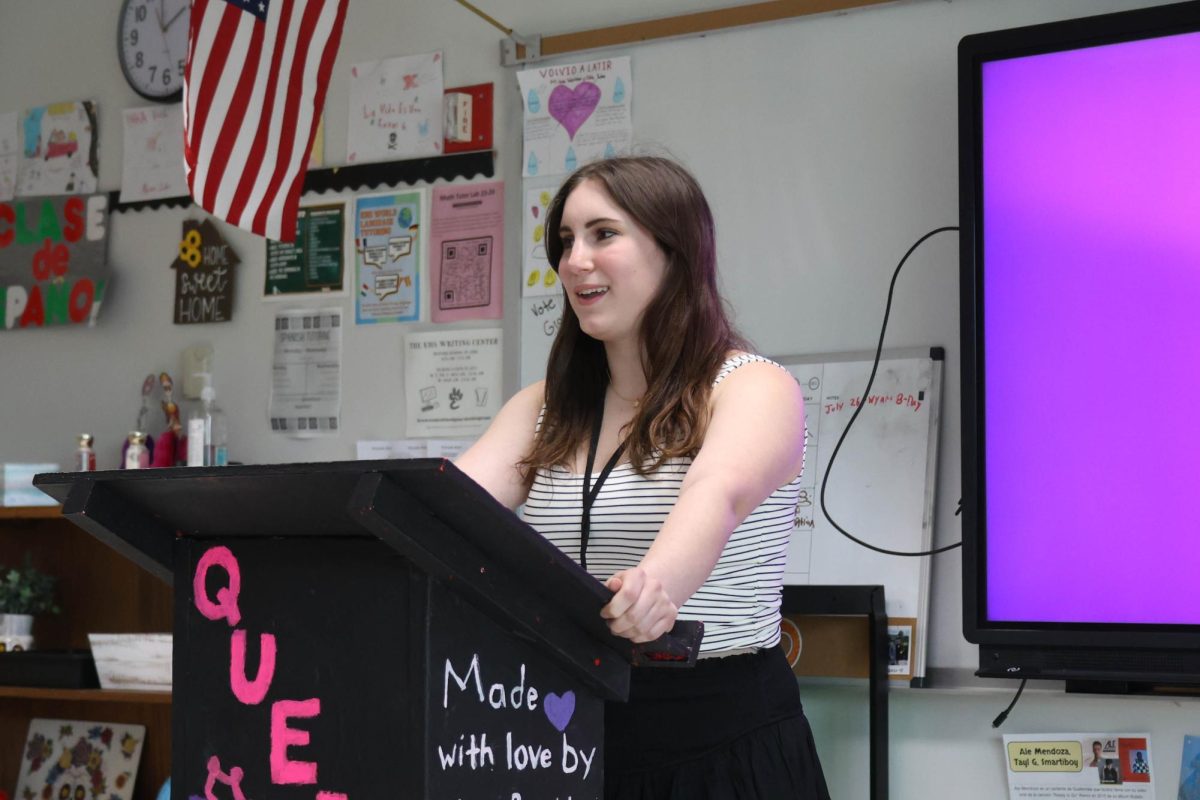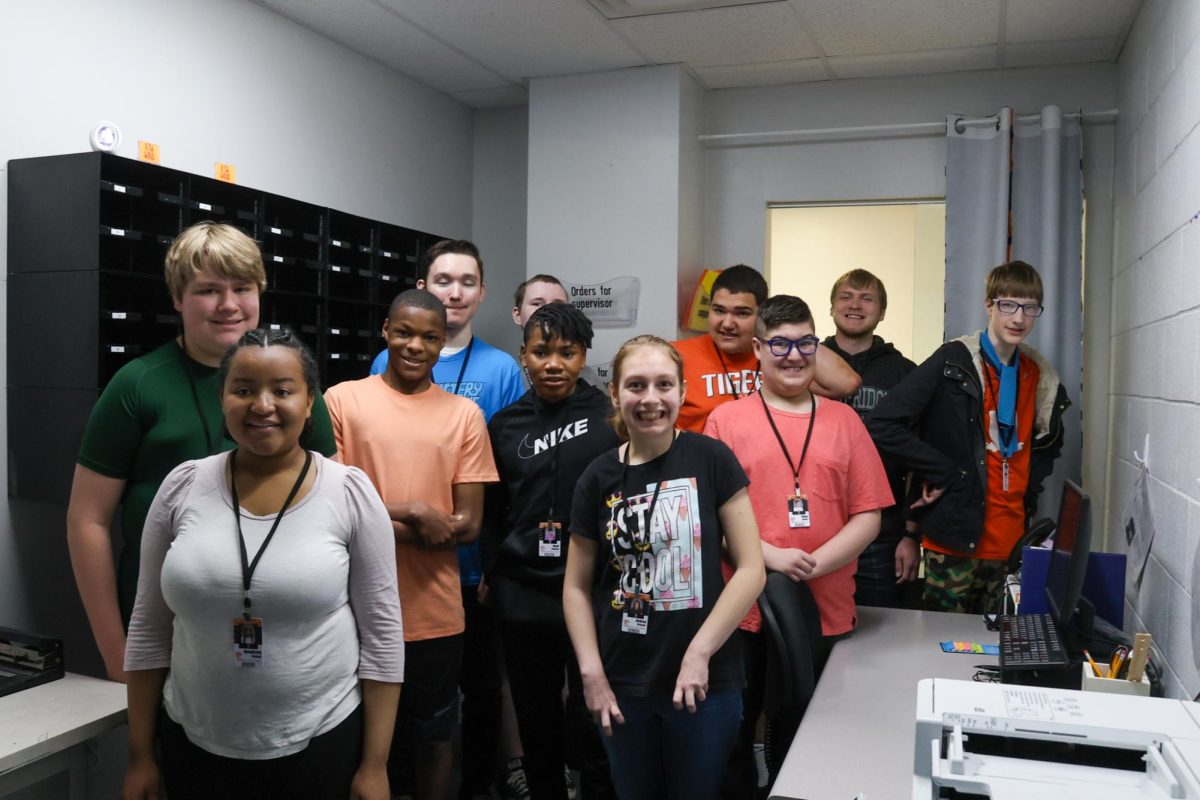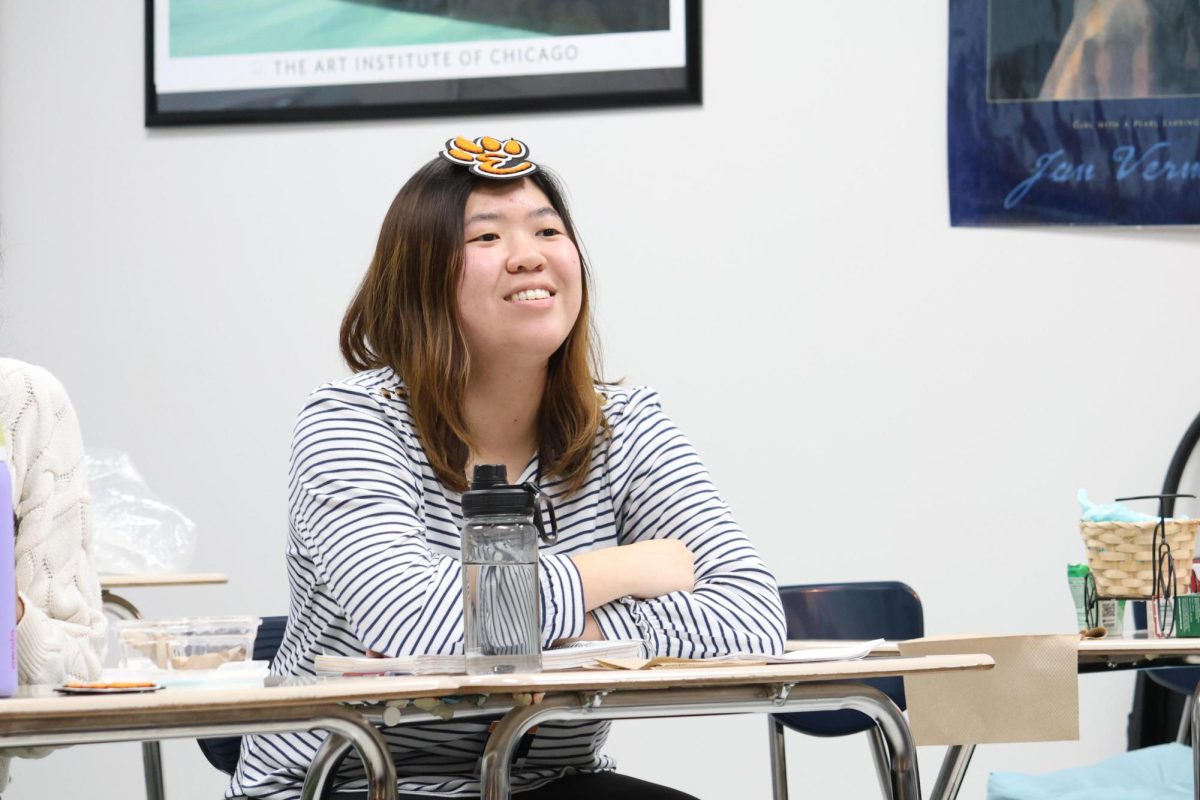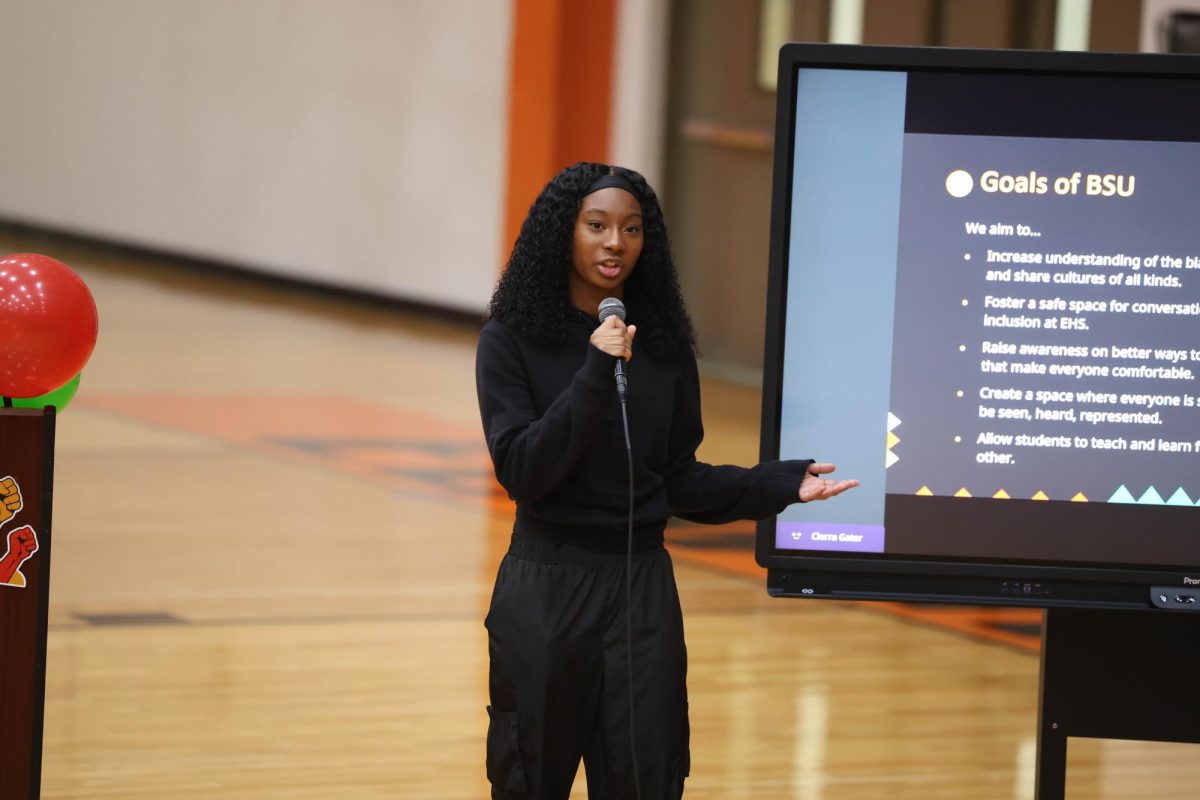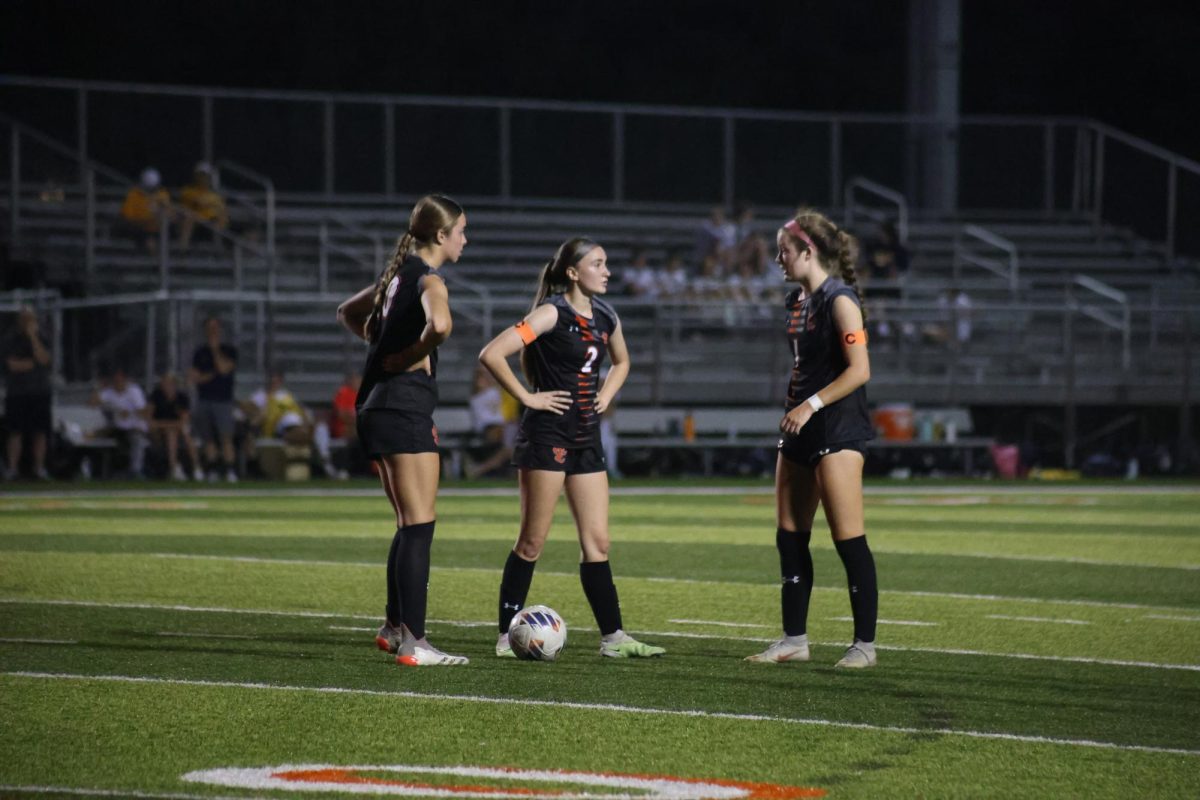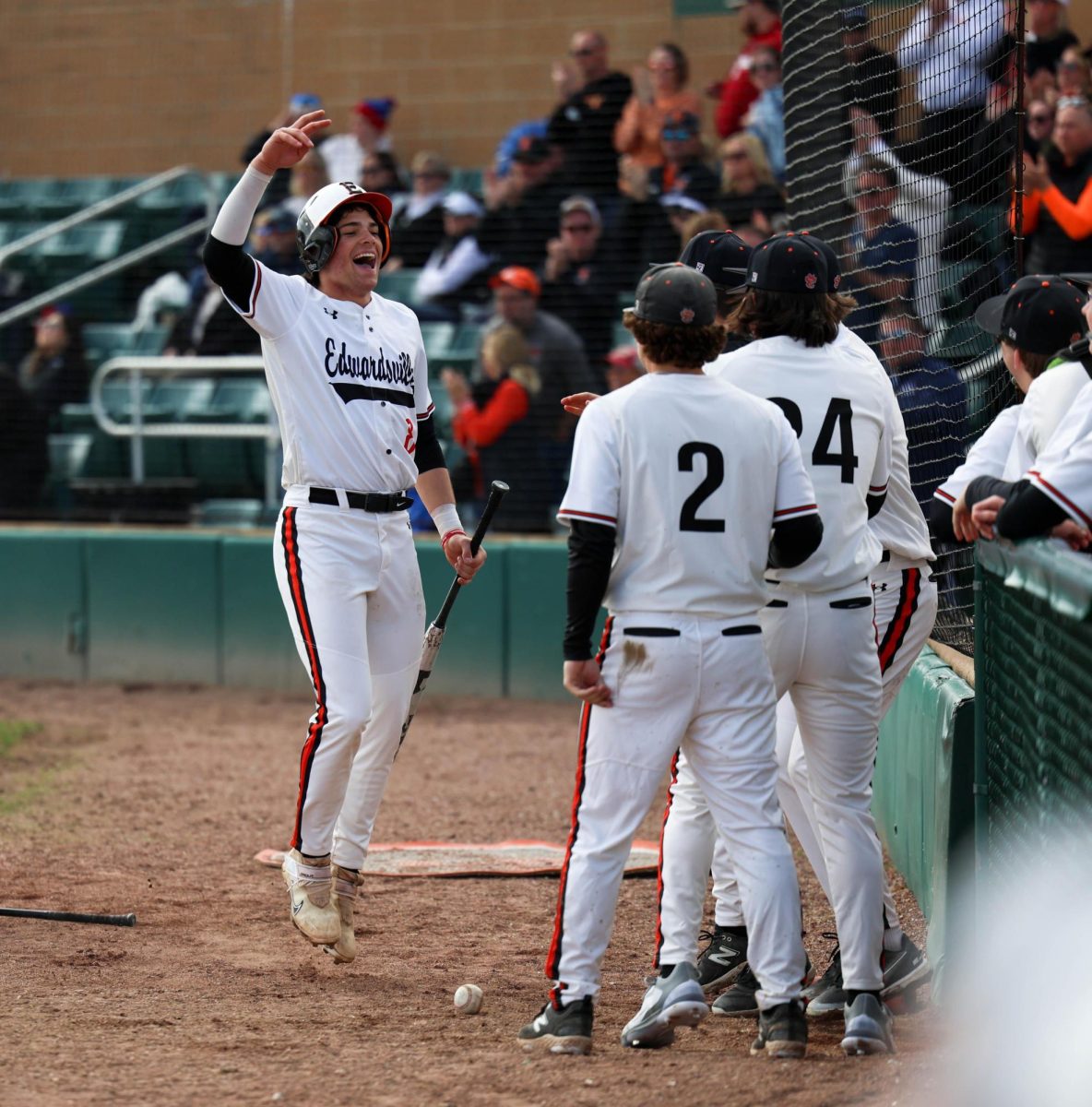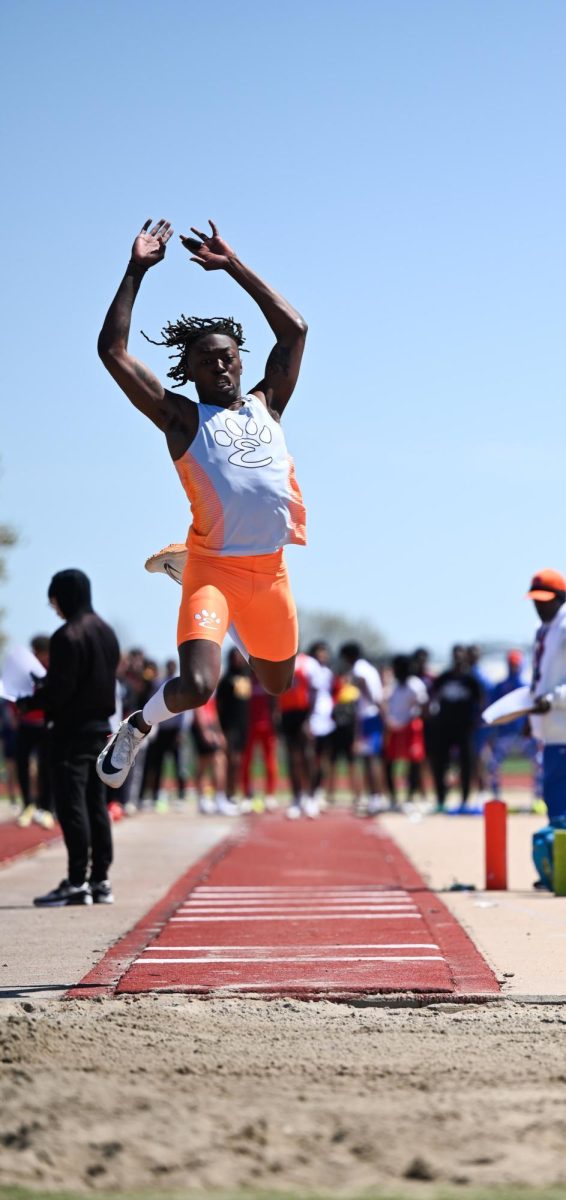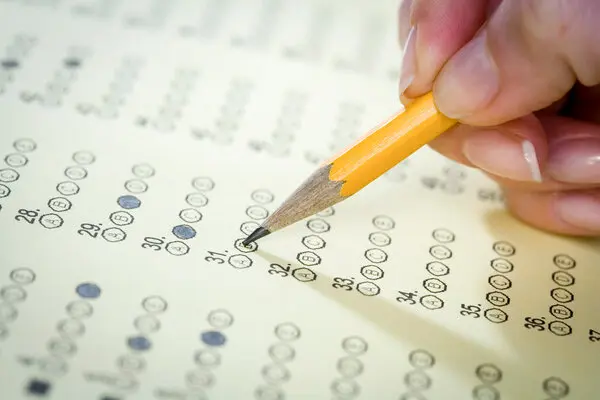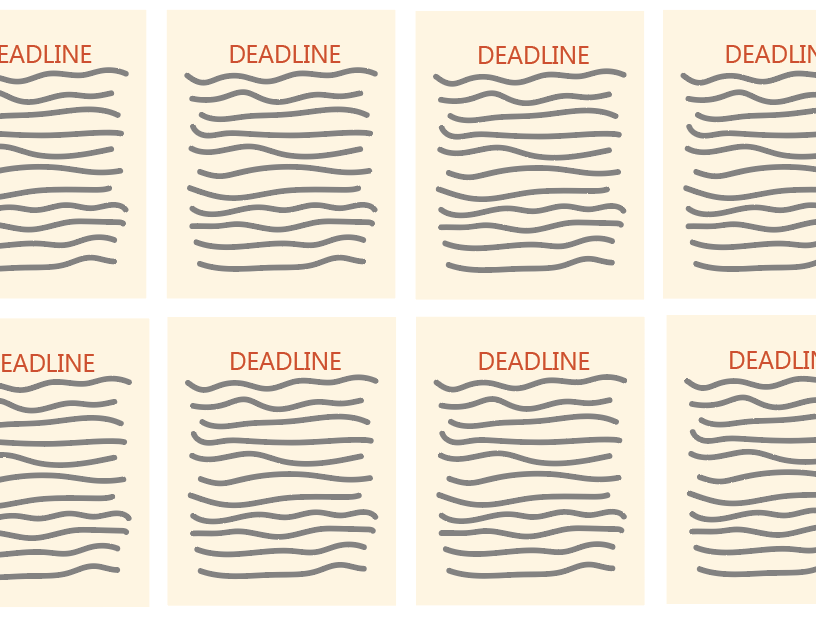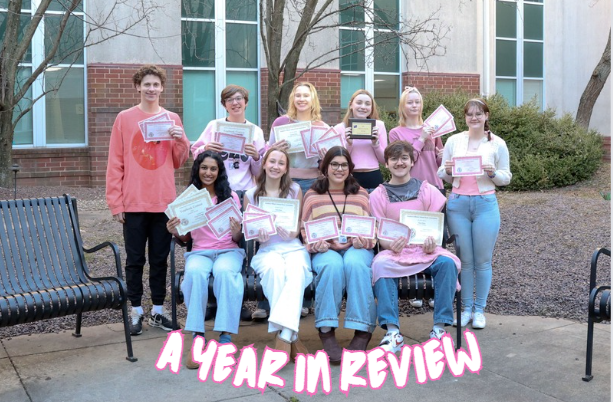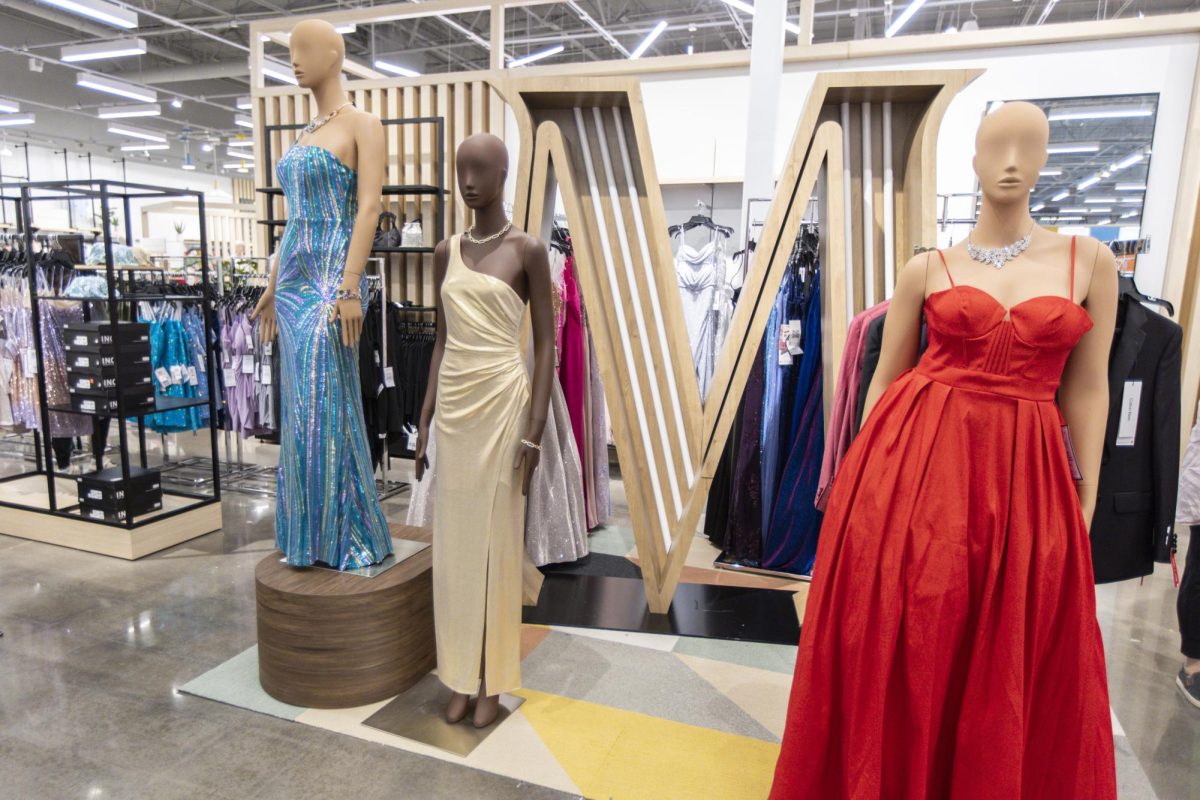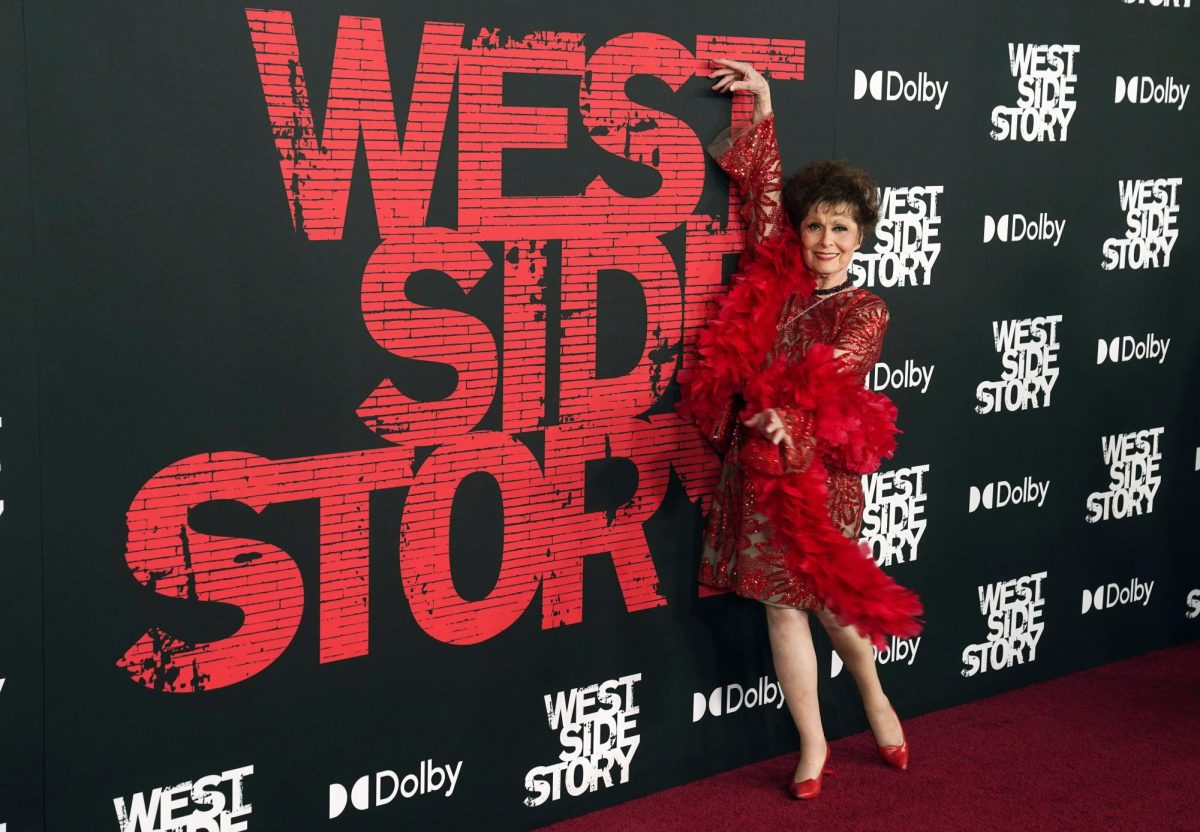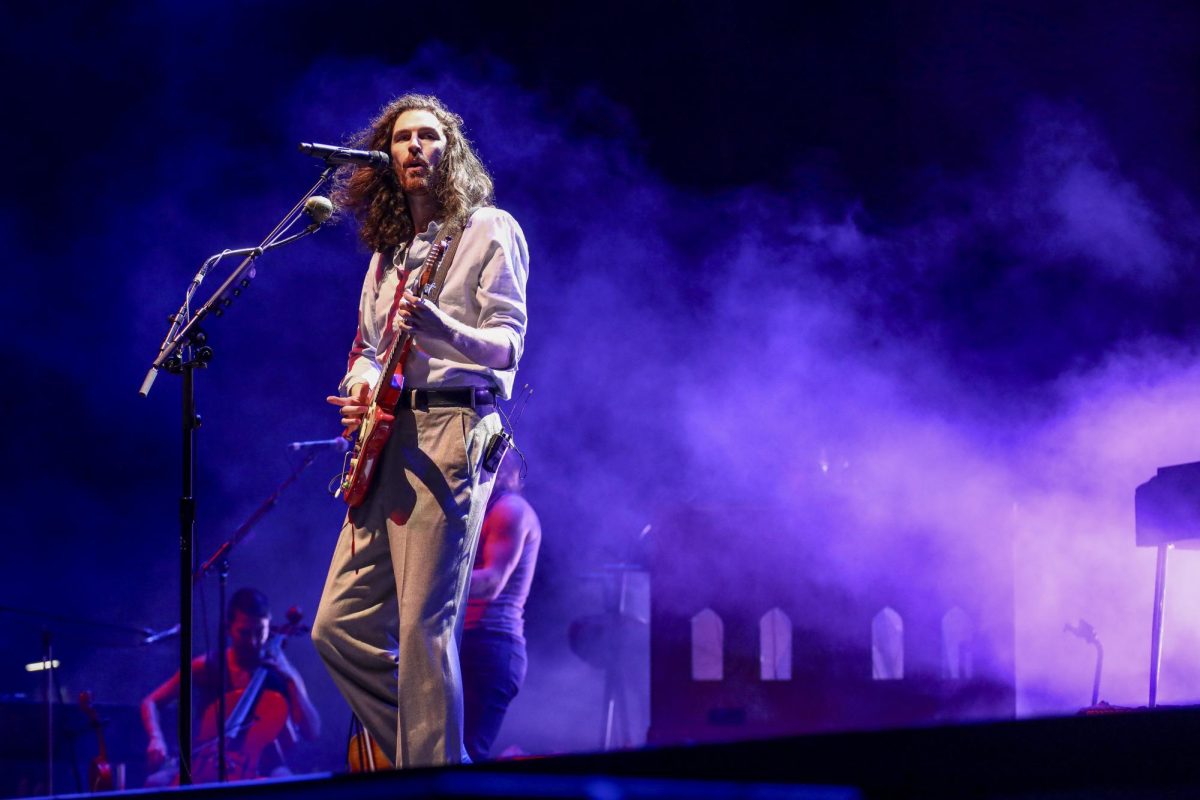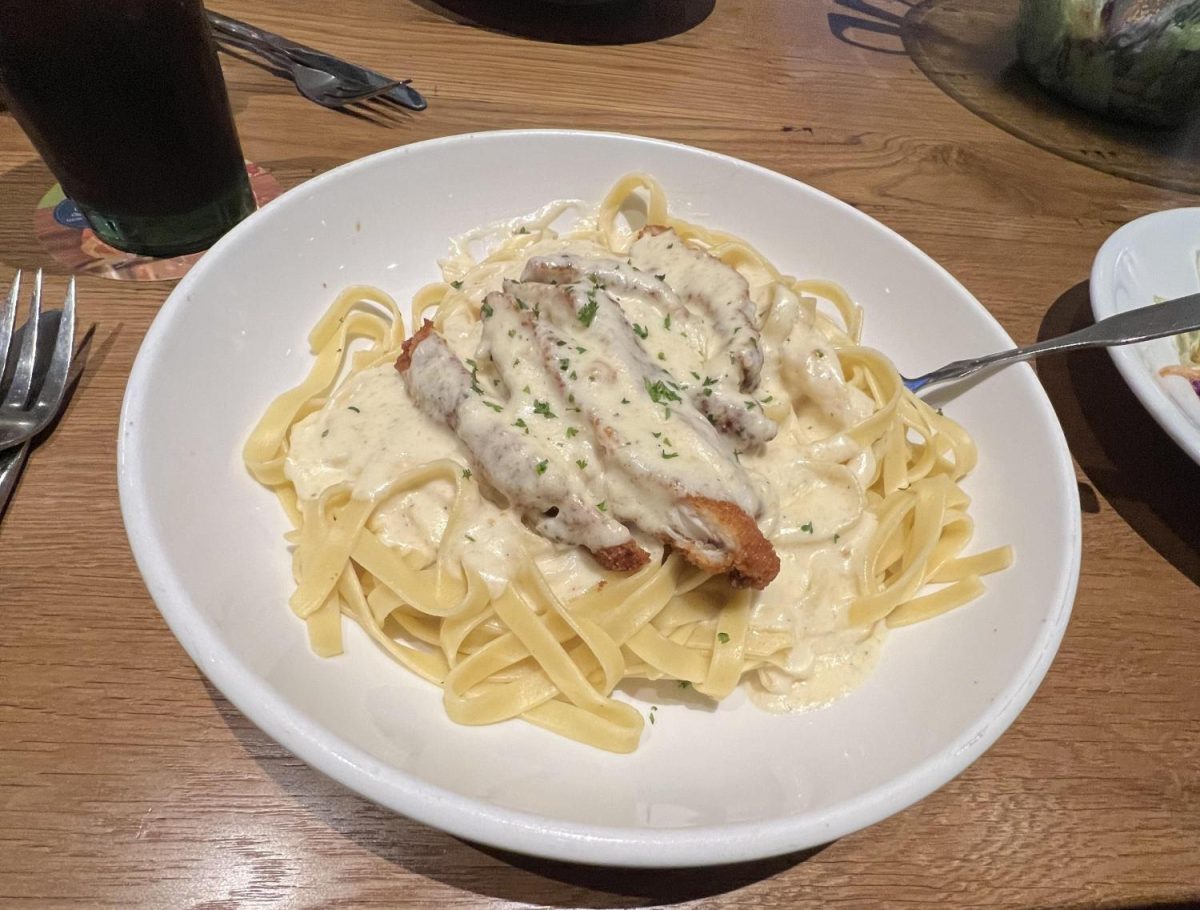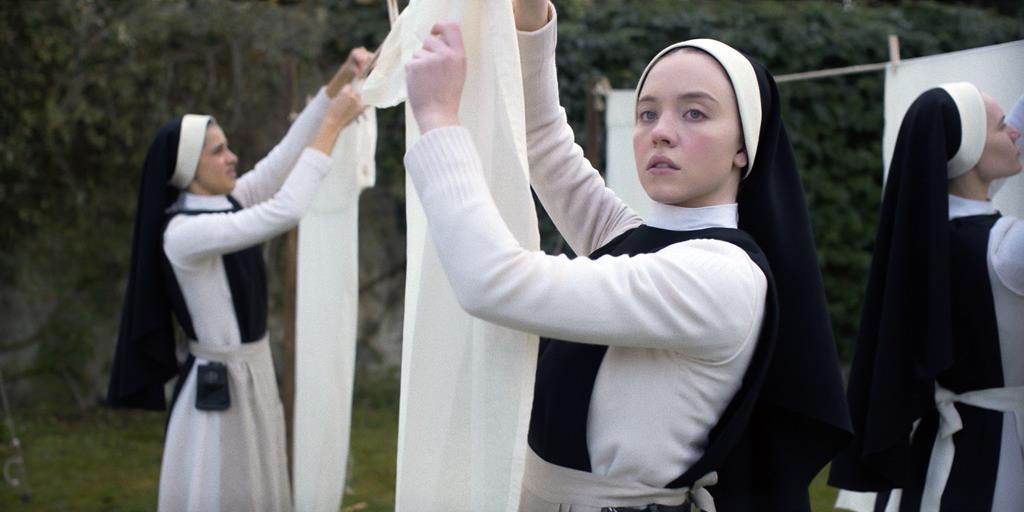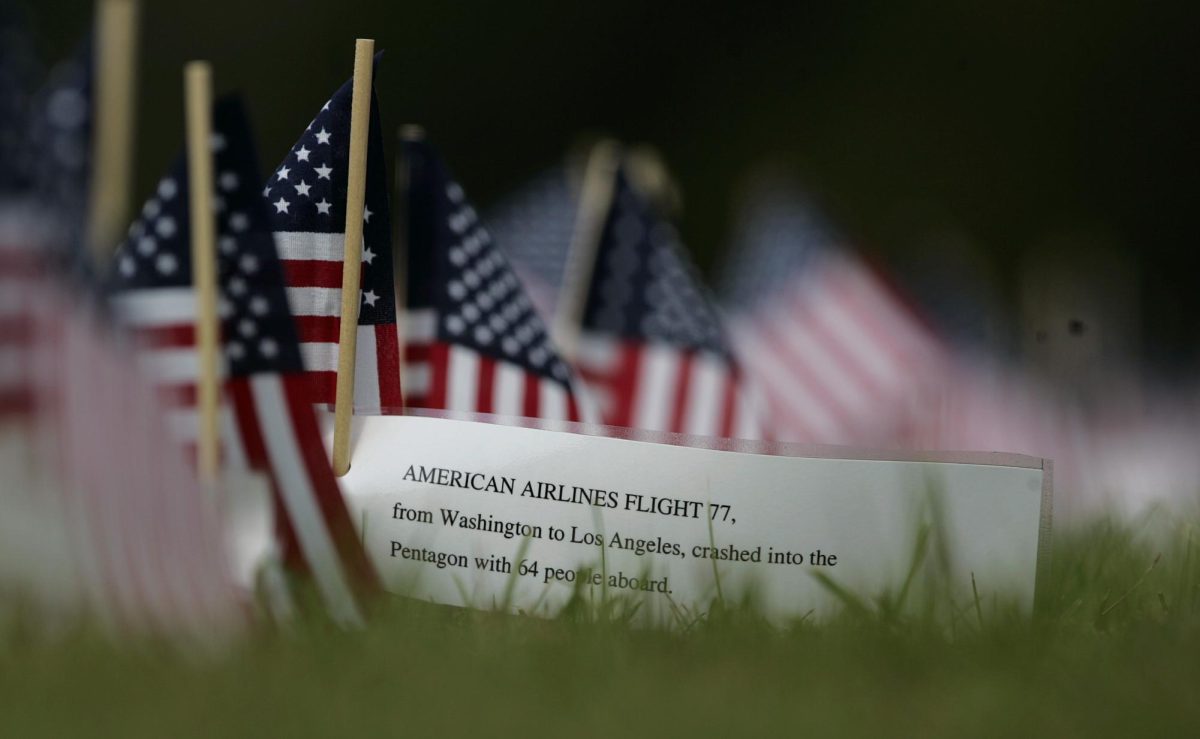As the echoes of the Pledge of Allegiance are heard through the intercom, a solemn moment of silence follows. Despite the fact that we take one everyday, today’s moment of silence is just a little bit longer, marking 22 years since the tragic events of 9/11. But along with the moment of silence comes another wave of Islamophobia.
In its root, Islamophobia is defined as the dislike of, or prejudice against, Islam or Muslims. Even today, Islamophobia affects more than just a handful of Muslims.
9/11 created the strongest shift in bigotry and xenophobia the United States had ever seen.
Hate crimes against Muslims skyrocketed immediately after the 9/11 attacks, rising 1,617% from 2000 to 2001, according to the FBI. That severe spike marked the highest numbers of hate crimes against the Muslim community in United States history.
As a kid, I always felt that I had to be significantly more vocal about my sympathies for victims of 9/11 just because I too, am brown. I didn’t want any of my peers making comments saying I was a terrorist and I felt a great amount of shame in the fact that I often feared people would think I was Muslim.
What I had yet to learn is that there is nothing shameful about being Muslim.
It is shameful, however, that we live in a society where a prepubescent girl had to worry that her friends wouldn’t like her and her peers would bully her if they thought she was a Muslim.
“Hearing about 9/11 every year makes me sad,” junior Roaa Faituori said. “Some people believe that those terrorists have the same beliefs that we Muslims have, when they are in fact the complete opposite.”
Faituori has been told to “go back to [her] own country,” several times, specifically around 9/11 remembrance.
Obviously, as a human I hurt for the lives that were destroyed and the families that suffered. But as a brown person, I am equally sick to my stomach at the 9/11 “jokes” towards Muslims that plague social media.
“I think people started to generalize to targeting ‘all Muslims’ after 9/11 because of the news and social media,” Faituori said.
Despite not being from a Muslim background like Faituori, my mom experienced something very similar. She immigrated to the United States in June 2001 and three months later, 9/11 occurred. In a wave of anger, many Americans acted solely on emotions and not logic.
Within the first few months of my mom being here, one of her close friends was harassed. His tires were slashed by a group of people who had mistaken him for being a Muslim.
This is the America they left all their friends and family to live in.
Not only did the aggressors generalize and stereotype, but they literally generalized and stereotyped the wrong group of people.
This happened to people all over the country. My parents raised me telling me to be cautious, because brown people, despite religion and despite ethnicity, were wronged. Tires were slashed, buildings were broken into, windows were smashed and hijabs were torn off.
People needed to point fingers and Muslims were the perfect solution. Every stereotype of Muslims was used to harass, mistreat and detain anyone fitting that mold.
And trust me, I get it.
If someone I loved had been in those towers, I would’ve run across the world to find who was responsible.
But I would’ve looked at more than just the color of their skin.
At the root of all this prejudice is a lack of knowledge. Islam is just as complex as Christianity or Judaism, and people have been failing to understand that for years.
Drawing connections between an entire religious community and the actions of a few individuals undermines the diversity within Islam and feeds into the stereotypes. Like many other faiths, Islam is made up of a broad spectrum of beliefs, values and cultural backgrounds and is a religion of peace and tolerance.
The perpetrators of 9/11 distorted the principles of Islam for their own radical agenda and Muslims don’t deserve to pay for that.
It’s essential for society as a whole to distinguish between the vast majority and the actions of extremists. In nearly every group there are extremists. There are extremists in our American political parties, on both sides, and similarly, there are extremists in every religion.
Every year, 9/11 brings American nationalism back to the surface. Every year, the “othering” of Muslim Americans gets worse. The United States has yet to recover from making Muslims feel like anything other than the enemy and Muslims have yet to recover from the suffering they had to endure by constantly proving their loyalty to the United States.
It digs into the life of every Muslim American, forever stained by terrorists they shared nothing in common with except for one classification: Muslim.

